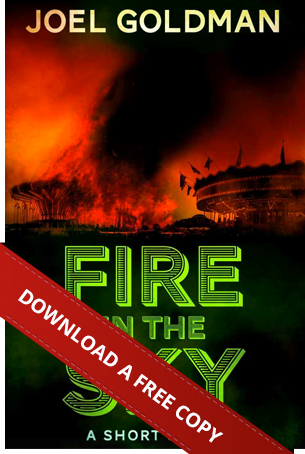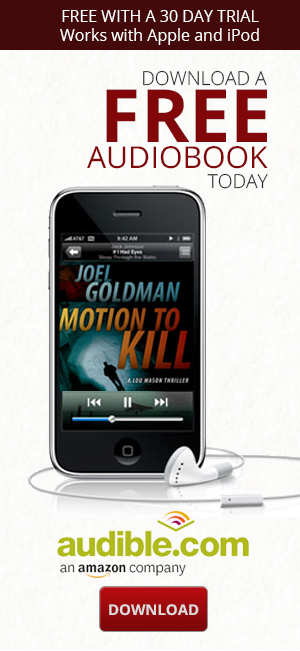 Consumers look at a number of things when deciding whether to buy an ebook: they look at the book title, the cover graphics, price, and genre. But which element is most important at first glance? A strong book title represents one of the most significant components in the marketing mix for your new novel.
Consumers look at a number of things when deciding whether to buy an ebook: they look at the book title, the cover graphics, price, and genre. But which element is most important at first glance? A strong book title represents one of the most significant components in the marketing mix for your new novel.
Think of it like a newspaper headline. On July 21, 1969, The New York Times printed the iconic headline “Men Walk On Moon” and papers sold out across the country. If the title grabs people and intrigues them, they’re more likely to buy the book and actually read it. If it doesn’t hook prospective readers from the start, they’ll move on to the next book. I’ve chosen short, hard-hitting titles for my crime novels: Stone Cold, Deadlocked, Motion to Kill, The Last Witness – to name a few.
For those who enjoy the suspense and plot twists in crime novels, these titles speak to the genre and (hopefully) grab potential readers by their shirt collars. Other best selling crime authors like Michael Connelly and Lee Child use similarly short titles. Connelly’s books carry titles like The Drop, Angle of Investigation, Suicide Run, etc. Child, famous for his Jack Reacher series, also chooses titles that are succinct and to the point: A Wanted Man, The Affair, One Shot. It’s no secret that both have endorsed several of my books as well – a fact that puts me in good company.
Great Book Titles That Reach Out and Grab Readers
New writers can choose great book titles for their novels by learning from the experts. According to Mark Coker of Smashwords, books that rank higher in sales have shorter titles. Now, the Smashwords survey does go on to point out that there’s not much difference between the best sellers and low rank books.
What does this mean? It means that even though short titles are better overall, a longer high-quality title still wins over a short, half-baked title that has little to nothing to do with the plot or genre. Come up with a title that’s both short and good for best results. A great book title instantly captures the reader’s attention and gives him or her a basic idea of what the book is about. According to Michael Hyatt, former Chairman and CEO of Thomas Nelson Publishers, effective titles do one of the following things:
- Promise – they make a promise. Examples could be: Lose 10 Pounds in 20 Days, Tame the Terrible Twos: Toddler Discipline, Get Healthy Recipes and Tips (I just made those up)
- Intrigue – they create intrigue. Examples include Final Judgment, Shakedown, or The Host
- Need – they identify a need. Examples might be: How to Use Mind Maps for Business, Fireproof Your Marriage, The Total Money Makeover
- Content – they state content. This would include titles like Autobiography of Golda Meir, Why Businesses Fail, Why We Get Fat
Hyatt refers to this as the PINC test (pronounced “pink”). Your book title should fall into one of the PINC categories. And that’s just for starters. It should also be short, memorable and easy to say, according to Scott Berkun.
What’s So Great About Great Titles?
Great titles do more than simply attract the attention of readers. They also operate on more subliminal levels by establishing and reinforcing the tone and mood of your book and enhancing the overall reading experience. If decided upon early in the game, book titles can help you stay focused as you write and help simplify editorial decisions. But even if you don’t decide on a title until the very end, call your book ‘something’ during the writing process to give it a physical substance in your mind.
Like I mentioned above, it needs to be short, memorable and easy to say. But most of all, as a writer, you should love the title of your book. I’d add that you should love saying it out loud as well. Think about it – if you don’t love it and believe in it, how can you expect anyone else to?











